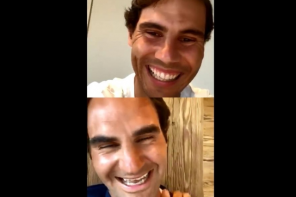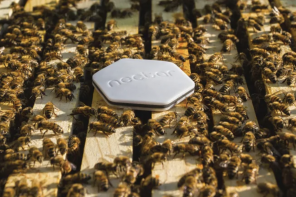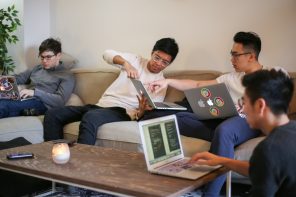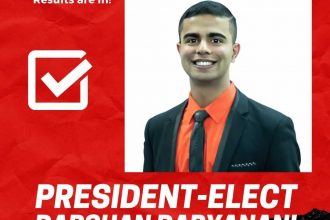
On Wednesday, before classes even began, something special was happening on the second floor of the Bronfman building: AIESEC McGill, the university’s chapter of the worldwide non-profit leadership training and internship organization, was facilitating its first-ever Corporate Breakfast, titled “How to Partner with a Global Firm.” The name was fitting for the intimate event, with representatives from relatively unknown firms such as Sequence Factory, iFact, EMC, Nüvü Camēras and the Montreal Business Promotion Center present to gain an understanding of how to expand their businesses and make a dent in the global market.
The morning began with a keynote speech presented by McGill alumnus Michael Novak, Executive Vice-President of Global Government, Aboriginal and Economic Affairs at SNC-Lavalin. While Novak’s speech centered on bringing small businesses and corporate giants together, in part by understanding how the giants of the industry got to their positions, he also emphasized the importance of having a social conscience in global firms.
“Fifty years ago, mining companies would build their mines, leaving a bunch of contaminated soil and reservoirs of arsenic, a legacy of disaster behind them,” asserted Novak. “Things have changed. We need to create the social license.” He explained the idea by using examples of SNC-Lavalin’s pursuits in Madagascar, where resource development initiatives create shared value between companies and local residents, allowing the two to come to a mutual solution to the problem of environmentally degrading soil erosion from certain industrial practices.
Novak also addressed the changing face of competency in business, outlining SNC-Lavalin’s divisions of expertise and the communication required between them.
“One of the things we’ve done is create communities of practice. What that means is if you’re a project manager sitting in the oil and gas division, we’re putting you in touch with all the project managers in all the other divisions, and they’re now starting to communicate and starting to create what we call best practices,” Novak explained. “Why should the oil and gas division repeat the same mistakes that the mining division has already worked out? It’s all about sharing.”
Attendees heard testimonial experiences from past AIESEC student interns Lauren Duvall and Everton Biviatello, as well as a speech from Jean-Phillipe Lavallee, the founder of Montreal-based software development company Sogescom. Lavallee highlighted his involvement in hiring employees for his software firm through the organization’s internship program.
“I was a bit skeptical at first,” Lavallee admitted. “But we’ve had great success, actually. I found AIESEC was really sensible in understanding our needs and what was important to us. It’s all been a very positive experience, and definitely something we will look to in the future.”
The event is one of many that the McGill chapter, currently the organization’s largest in Canada and one of the oldest clubs on campus, runs year-round.
“The goal of AIESEC has always been to produce the leaders of tomorrow, who are culturally aware and will impact their community. That’s what we strive to do,” noted Danial Mazhar Shafi, AIESEC McGill’s Local Committee President. For Danial, this is achieved by connecting students to experience in the workplace, which allows them to develop the skills and leadership they require to carry with them through their careers.
It is a concept that Danial understands well, being one of many AIESEC McGill executives involved in some form of global exchange or travel. This past summer, he visited Egypt to assist in facilitating a leadership conference, and found the experience was more rewarding than he ever could have imagined.
“I was able to meet so many people and truly get a grasp on the issues taking place in the country right now. It was very different from what the media presents to us. And now, I have Egyptian friends over there to stay in touch and up to date with. It was indescribable. That’s what AIESEC is about.”
For now, in addition to continuing its work with student internships, the organization is looking to expand its reach by facilitating networking events, like the corporate breakfast, to allow startups to obtain the assistance they need to gain footing in the cutthroat business world. Although it is hardly a simple task, there is comfort in the knowledge that even veterans in the field can relate to the challenge.
“You can’t create things overnight,” Novak concluded, when asked how long it took SNC-Lavalin to establish the unique organizational structure that gives the company its competitive edge. “It takes time.”







